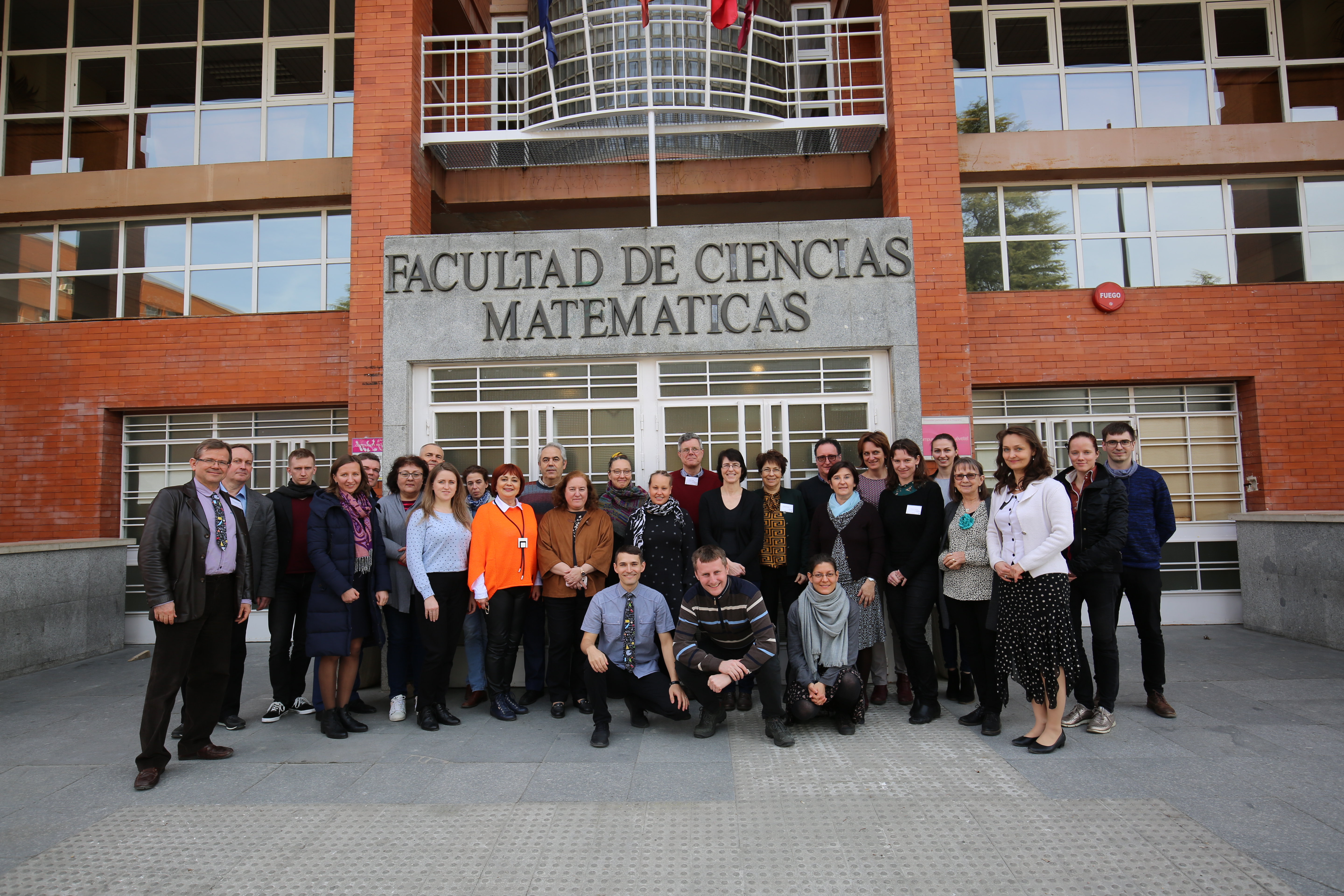The member of our PLATINUM team, Dr. Paola Iannone, wrote a short description of the Teaching Group she leads at Loughborough University.
The Teaching Group at Loughborough University (LU) started its meeting in 2016 when it was part of the activities that a colleague of ours initiated for a national teaching award she was awarded. This was the origin, but we quickly realised that there was a real independent need for a forum to meet and discuss teaching mathematics and statistics at university level. In our country (UK) training for new lecturers is generally not discipline specific so colleagues joining our department felt that they wanted to discuss the teaching of mathematics specifically. After 3 years we are still meeting. We meet every two months or so, we are mathematicians, statisticians, mathematics educators and we all work in the School of Science at LU.
Membership of the group is fluid – we usually have both new lecturers and more experienced staff joining at times. Some colleagues come at every meeting while others join as they can fit in their timetable. We follow a community of Inquiry (CoI) model in the sense that we:
Inquiry: We make use of materials such as education books, research papers, teaching material we produce, and we reflect on our own practice. Much of our focus comes from issues we encounter in our own practice and as a reaction to institutional policy on teaching. For example, we explore and learn about the use inquiry-based mathematical tasks with students, and
Learn: We inquiry into our own teaching through learning about the educational research on teaching mathematics at university level. We also reflect on others’ experiences.
At the moment we are 7 (but hopefully growing) – and we are educators, mathematicians, statisticians. We teach a range of subjects, from applied mathematics to statistics to mathematics for engineers, statistics for foundation students, mathematics education, pure mathematics. We teach large classes (I think the largest is in excess of 180 students) and very small classes (around 10 students).
Our meetings start with a general discussion of the topic of the meeting and ends with a request for topics of discussion and ideas for the next meeting. Dates are driven by the rhythm of our academic year: we try to avoid teaching – intensive periods. Our meetings last two hours plus lunch time to carry on chatting. Once we have decided on a date and a topic, we distribute something to do to each participant.
Topics we have covered so far are assessment (we have talked and read a lot about assessment of mathematics at university and especially about exam question content and format), feedback, student attendance, types of formative questions, computer aided assessment.

